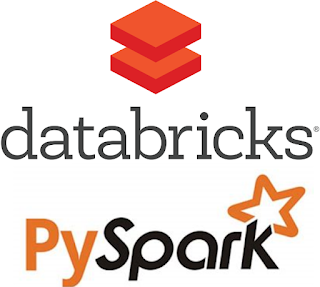Best Azure Databricks with PySpark Training in India, Hyderabad,Ameerpet
Azure Databricks is a fast, secure, and collaborative Apache Spark-based analytics service provided by Microsoft Azure. It provides an environment for running PySpark (Python API for Apache Spark) jobs and enables you to process large volumes of data, build machine learning models, and perform advanced analytics.
Here are some key points about Azure Databricks and PySpark integration:
Creating a Databricks workspace: To use Azure Databricks, you need to create a Databricks workspace in your Azure account. The workspace provides a collaborative environment for working with notebooks, clusters, and other resources.
Notebooks: Azure Databricks allows you to create and work with notebooks, which are interactive documents that contain code (including PySpark code), visualizations, and text. Notebooks are the primary way to write and execute PySpark code in Databricks.
Clusters: Clusters in Azure Databricks are the computational resources where your PySpark code runs. You can create clusters with different configurations to suit your requirements. These clusters can be used to process data and execute PySpark jobs.
PySpark API: PySpark is the Python API for Apache Spark, which allows you to write Spark applications using Python. You can leverage PySpark to perform data processing, transformations, and analysis using Spark's distributed computing capabilities.
Integration with Azure services: Azure Databricks integrates seamlessly with other Azure services. You can read and write data from Azure Storage, Azure Data Lake Storage, Azure SQL Database, Azure Synapse Analytics, and other Azure data services using PySpark code.
Parallel processing: PySpark leverages Spark's distributed computing capabilities to process large datasets in parallel across multiple nodes in a cluster. This allows you to scale your data processing tasks and handle big data workloads efficiently.
Machine learning with PySpark: Azure Databricks provides built-in support for machine learning with PySpark. You can use PySpark's MLlib library to build and train machine learning models on large datasets. Databricks also provides collaboration features that enable teams to work together on machine learning projects.
Integration with Azure Machine Learning: Azure Databricks can be integrated with Azure Machine Learning service, allowing you to train, deploy, and manage machine learning models using PySpark and Databricks notebooks. This integration enables end-to-end machine learning workflows within Databricks.
Job scheduling and automation: You can schedule PySpark jobs in Azure Databricks to run at specific times or intervals using the built-in job scheduler. This enables you to automate your data processing tasks and ensure regular execution of your code.
Overall, Azure Databricks provides a powerful platform for running PySpark jobs in a collaborative and scalable manner. It combines the flexibility and ease of use of PySpark with the scalability and performance of Apache Spark, enabling you to tackle large-scale data processing and machine learning tasks efficiently.


Comments
Post a Comment